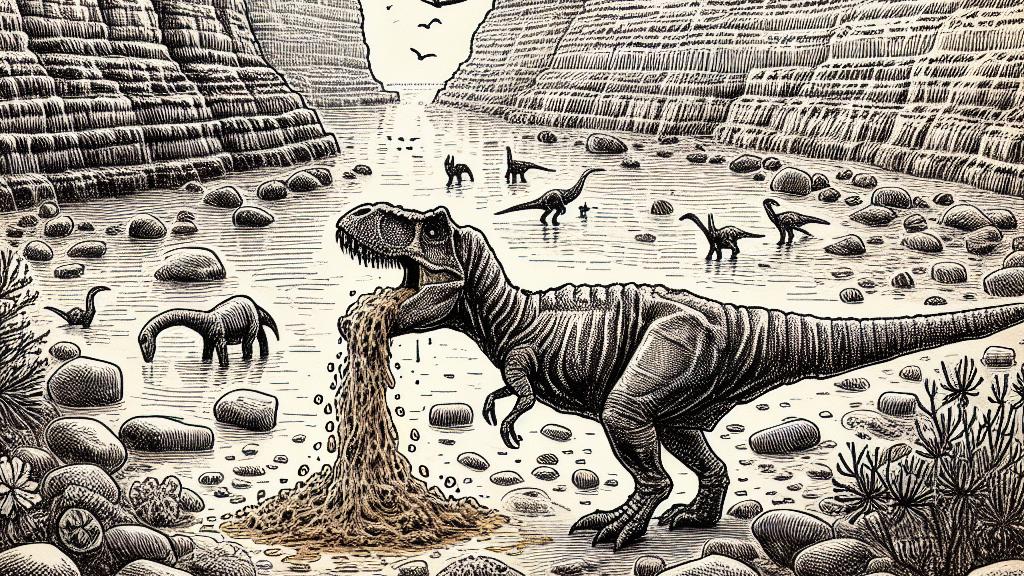Discovering Fossils: The Unique Find of 66 Million-Year-Old Animal Vomit
Overview
- In Denmark, an extraordinary fossilized vomit dating back 66 million years was discovered.
- This incredible find unveils crucial insights into the food chains of ancient ecosystems.
- Experts believe it is a groundbreaking discovery that could reshape our understanding of prehistoric life.

A Stunning Discovery in Denmark
Picture a serene day along the spectacular cliffs of Stevns Klint, a UNESCO World Heritage site in Denmark. As you stroll along, something grabs your attention—it's a curious fragment nestled among the stone. This is exactly what happened to amateur fossil hunter Peter Bennicke. During a routine walk, he uncovered what turned out to be an amazing piece of fossilized vomit, dating back an astonishing 66 million years! Not just a weird find, this piece connects us to a vibrant ancient world filled with dinosaurs and unique marine life.
Why Fossilized Vomit Matters
You might be wondering, why would fossilized vomit be important? Well, paleontologist Jesper Milan explains that such findings are truly invaluable. They unveil the mysteries of prehistoric food webs! This fossilized vomit contains bits of sea lilies—plants that were once a part of the diet for ancient fish. Imagine fish guzzling these plants and then, unable to digest the tough parts, spitting them back out! Such vivid imagery allows us to glimpse into an ancient underwater world bustling with life, revealing relationships that were crucial to the survival of marine ecosystems.
Unraveling the Ancient Food Chain
The implications of this find are profound, helping scientists decipher complex predator-prey dynamics. The late Cretaceous period was thriving with diverse life forms, not just sea lilies but also ferocious fish and sharks roaming the waters. Milan notes that while sea lilies aren’t particularly nutritious—primarily made of chalky plates—these resourceful fish still consumed them. This vomit serves as a pocket of history, shedding light on the intricate tapestry of life where each organism played a pivotal role in maintaining ecological balance.
Conclusion: A Fascinating Exhibit Awaits
Excitement continues to build as this remarkable fossil is set to be showcased at the Geomuseum Faxe starting February 10, 2025. People from all over are expected to flock to witness this singular artifact. It’s incredible to think that even something as ordinary as vomit can convey profound insights into Earth’s distant past! Each element of this discovery—every fragment of vomit—is more than just biological waste; it’s a fragment of history that highlights the complex web of life that existed millions of years ago. So, when you ponder ancient history, remember this extraordinary find; it’s a testament to the enduring mystery and wonder of our planet's evolutionary story!

Loading...